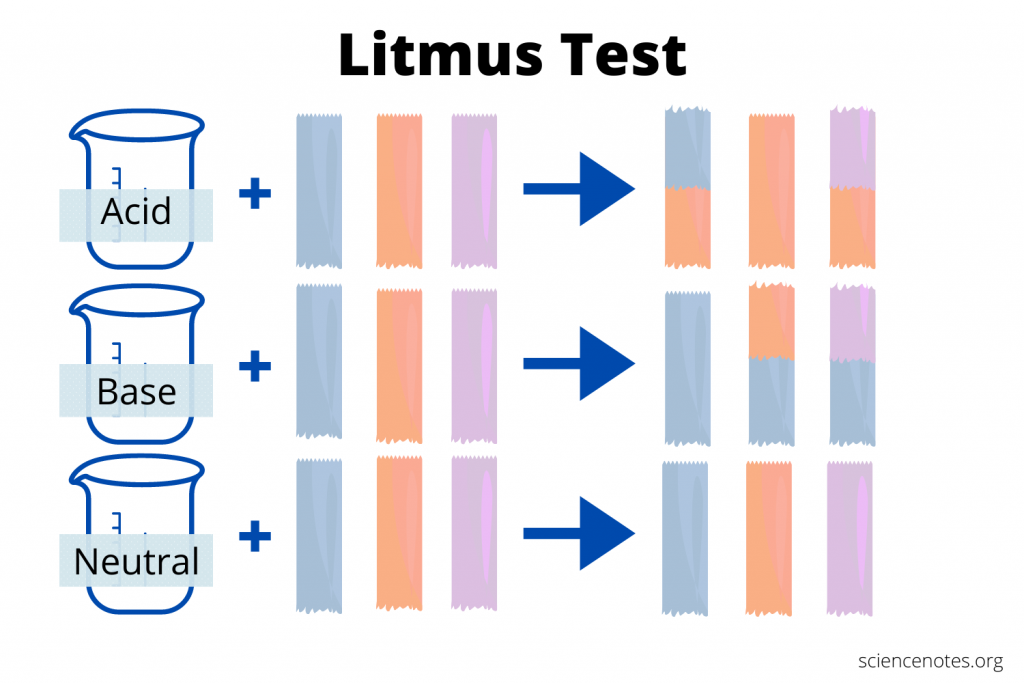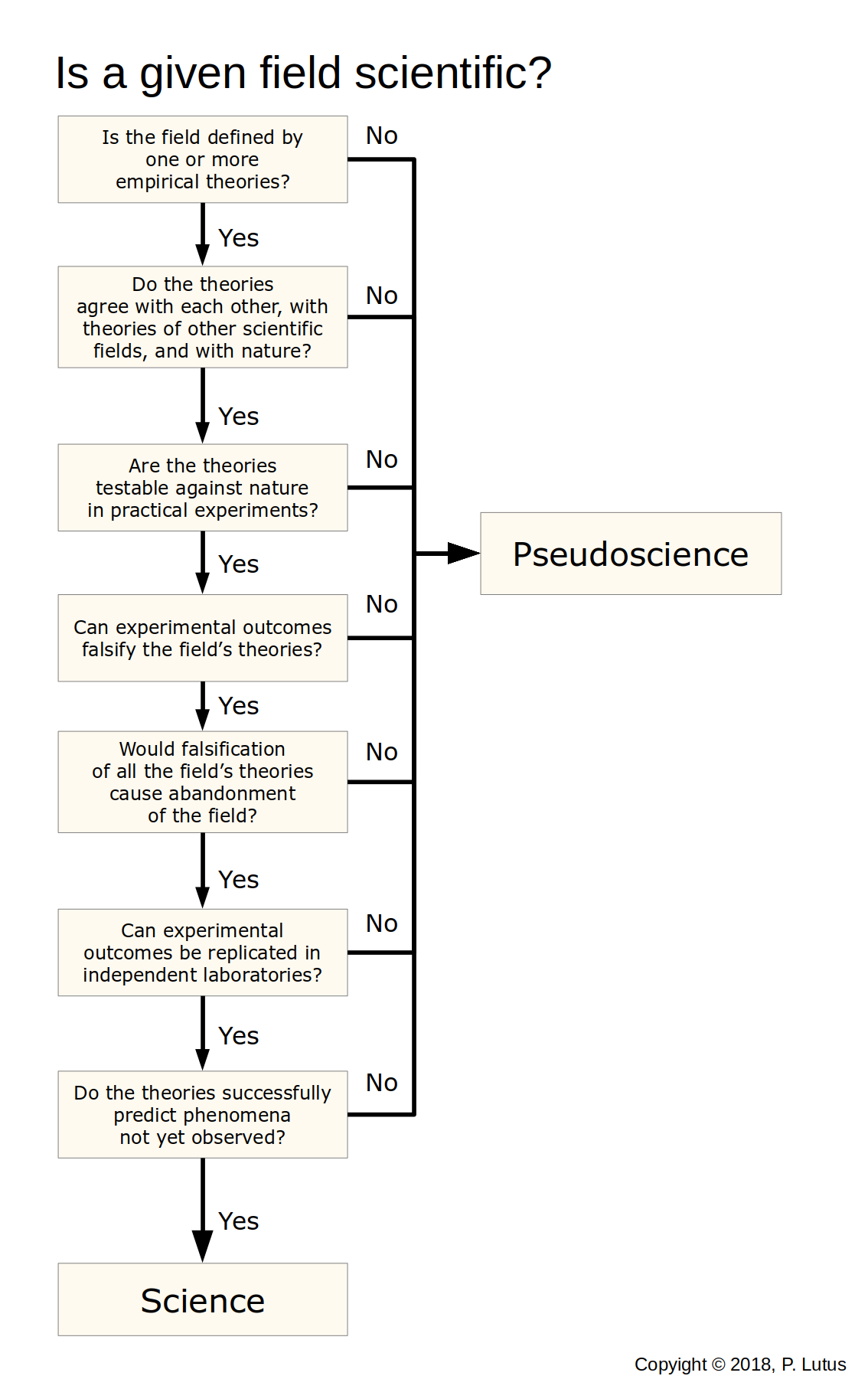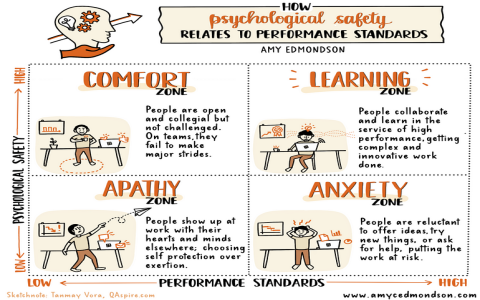In psychology, a litmus test refers to a concise indicator or pivotal question used to quickly gauge a fundamental trait, attitude, belief, or likelihood of a condition. Unlike its chemical namesake offering a simple yes/no result, psychological litmus tests provide preliminary insight requiring professional interpretation.
Purpose and Utility
Psychological litmus tests function as rapid screening tools. They help clinicians, researchers, or professionals efficiently identify potential areas of concern or core convictions without exhaustive initial questioning. They flag possibilities, not confirm diagnoses.
Key Characteristics
- Conciseness: Typically one or a few pivotal questions.
- Focus: Targets a specific, core psychological construct (e.g., a value, bias, symptom cluster risk).
- Preliminary: Serves as an initial signal requiring further exploration.
- Context-Dependent: Interpretation relies heavily on the situation and individual.
Practical Cases
Case 1: Screening for Oppositional Tendencies
Context: Initial therapy session with a teenager exhibiting behavioral issues at school.

Litmus Test Question: "How often do you deliberately refuse to do what teachers or parents ask, even simple requests?" (Derived from Oppositional Defiant Disorder symptom criteria).
Interpretation: Frequent affirmation signals significant oppositional tendencies warranting deeper assessment for ODD or conduct issues. A negative answer reduces likelihood but doesn't rule out related problems entirely.
Case 2: Assessing Core Values in Ethical Dilemmas
Context: Corporate ethics training or team-building workshop.
Litmus Test Scenario: "Imagine discovering a trusted colleague is diverting small company funds. The amount seems trivial to the company, but the act violates policy. Do you report it?"
Interpretation: A "yes" strongly indicates prioritizing institutional rules/procedural integrity. A "no," especially with justifications about triviality or loyalty, signals prioritization of relationships, contextual harm, or utilitarianism over strict rules. This reveals fundamental ethical decision-making frameworks.

Case 3: Gauging Immediate Safety Risk
Context: Crisis hotline or initial psychiatric evaluation.
Litmus Test Question: "Are you having thoughts of harming yourself or ending your life right now?"
Interpretation: An affirmative answer acts as a critical litmus test indicating immediate high risk, requiring urgent safety intervention (e.g., crisis planning, hospitalization assessment). A negative answer does not eliminate suicidal ideation altogether but lowers immediate risk level.
Limitations and Caveats
Psychological litmus tests are valuable heuristics but have significant limitations:
- They lack the diagnostic precision of comprehensive assessments.
- Answers can be influenced by social desirability bias, poor self-awareness, or misinterpretation.
- Over-reliance can lead to stereotyping or premature conclusions.
- Results must be followed by thorough evaluation by a qualified professional.
In essence, psychological litmus tests offer a practical, time-efficient method for pinpointing potential core issues or traits early in an interaction. They are springboards for deeper investigation, not conclusive endpoints.












